One thing I have found difficulty in reading Job is just keeping track of where I am. This is a pretty unique book and coming from the prophets in which we have fewer voices to keep track of, Job is complicated in comparison. Once we get past the prologue we find Job surrounded by three people, Eliphaz, Bildad, and Zophar.
As the speeches start, make sure to keep track in your mind who is talking. Sometimes they’ll go on for pages, so you won’t have those handy little section headings that modern Bibles have. Each one will speak and then Job will reply to them. It is good to note here that just because the words of these companions are included in the Bible does not mean that they each have thoroughly ‘biblical’ perspectives. Try to imagine what you’d say to someone in Job’s position to get a sense of the difficulty these three have in finding any words to share. But also think of Job’s perspective and ask how he would respond to their words. They go back and forth several times, taking us through the first 26 chapters.
Later on another man named Elihu is added to this discussion, but in the end it is not the words of any of these men, but God who has the final say.


And, can we assume that when Job is speaking that he is speaking to God, as well as these men?
Having not read through it all yet with my most recent read through several years back, I’d say that we can assume that in the book Job acknowledges God as a witness to his speech, even when he is in debate with his companions. Although later chapters (29-31) he turns his attention directly to God.